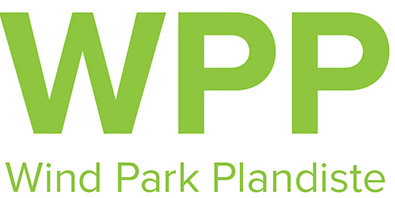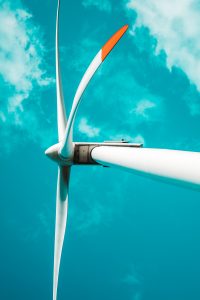30.03.2021.
–
If we count large hydropower plants, in Serbia 27% of electricity production is renewable energy sources, but when we exclude large hydropower plants, biomass, geothermal energy, solar energy, they make only 4 to 5 percent. This is exactly the picture that should be changed by the new Law on Renewable Energy Sources, whose proposal was adopted today.
Today, the Government of Serbia adopted the proposals of four laws: the Law on Mining and Geological Research, the Law on Energy, the Law on Energy Efficiency and Rational Use of Energy and the Law on Renewable Energy Sources.
The Minister of Mining and Energy, Zorana Mihajlovic, stated earlier that Serbia’s goal is for at least 40% of energy to come from renewable sources by 2040.
– The adoption of the law on RES is an important day in the energy transition of Serbia and the transition to clean technologies. We believe that the republican parliament will soon confirm the law and that the new regulations will enter into force. This law paves the way for a new investment cycle and the construction of new projects in all areas of RES. In the coming years, we expect new green megawatts, and even gigawatts online. The most important thing is that the law traces RES as a public interest for Serbia, which is important for the protection of the environment and the health of citizens – said Danijela Isailovic, manager of the Association Sustainable Energy Sources of Serbia.
For the first time, the new law guarantees the stability of incentive measures, and introduces market premiums that will expose RES producers to market influence and competition. This will lead to lower costs for citizens and the economy compared to the costs of the existing incentive system based on feed-in tariffs.
– Feed-in tariffs mean that no matter how much you produce, the state pays you because you put that energy on the grid. Instead, auctions will be introduced that exist everywhere in the world today, which means that there will be competition between those who produce energy from renewable energy sources – said Mihajlovic.
The advantage of auctions is the fall in the price of electricity produced from renewable sources, because lower prices lead to lower fees paid by citizens and the economy.
Also, this law introduces for the first time that households and industry can become RES-self consumers, and citizens can form a community of renewable energy sources. Households and industry can install RES on their facilities and use it to supply their own consumption, and deliver excess energy to the grid or storage for later use.
– Everyone in their home can be a producer of electricity, every household, regardless of whether it is a house or a building, regardless of how many apartments there are – stated Mihajlovic, and read more about what is needed for the installation in a separate text.
What is also a novelty in the laws is the formation of a large fund for energy efficiency. As previously announced, the Energy Efficiency Directorate will be formed by June at the latest and will have a fund of around 15 million euros available this year, intended for increasing the energy efficiency of households in Serbia.
– We want to turn primarily to households, not only public buildings, large buildings where a lot can certainly be done to increase energy efficiency. On average, about 40% of electricity and heat is “wasted” in Serbia because households do not have good doors, windows and wall insulation. Through that fund, the state wants to set as the national goal and national policy the number one attempt to reduce energy consumption – says Mihajlovic.
The new law has created conditions for the use and encouragement of innovative technologies that use renewable energy sources, including renewable hydrogen, which can be used in the field of thermal energy, traffic and natural gas.
The law created space for complete digitalization of all procedures in the Ministry of Mining and Energy.
– It will no longer be necessary to submit documents, to ask for investigative rights, permits and solutions, everything will be electronic, just as there is an electronic construction permit. We will adapt to all European directives to which we have not adapted so far – stated Mihajlovic.
For the first time, a public tender for the selection of a strategic partner is being introduced, which enables Serbia to attract new and additional investments in the field of renewable energy sources.
The law explicitly obliges privileged producers to comply with the regulations of water management and the environment, with the prescribed supervision of the environmental inspection and water inspectors whether they comply with those regulations. For the status of a privileged producer, a water permit is required for hydroelectric power plants, and for biodegradable waste power plants, an integrated permit, ie a permit for waste management and waste use.
Energy entities that perform the activity of production, distribution and supply of customers with thermal energy can acquire incentive measures if they use heat pumps and renewable energy sources (solar energy, geothermal, biomass, etc.)
Fuel suppliers are obliged to ensure that the share of renewable energy sources in final energy consumption in transport is in line with the obligation set by the Government, eKapija reports.
Published on serbia-business.eu


